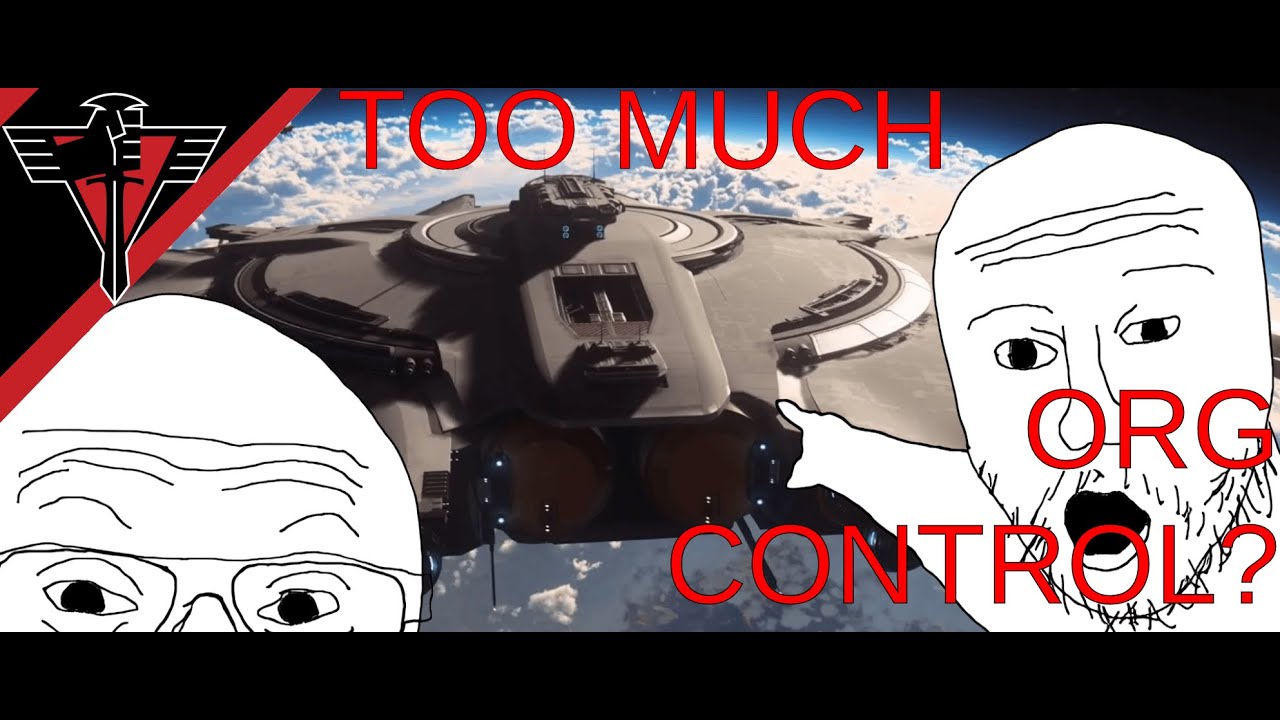The speaker expresses concerns that the organization systems in Star Citizen could lead to monopolies, where larger groups dominate in-game assets, potentially disenfranchising smaller players and casual gamers. They advocate for a faction-based PvP system that promotes collaboration and shared goals, fearing that the current competitive environment may discourage participation and enjoyment for those who feel marginalized.
In a recent discussion about the organization systems in Star Citizen, the speaker expressed concerns regarding player organizations owning significant in-game assets, such as stations and bases. They worry that this could lead to monopolies where larger organizations control essential resources, thereby isolating smaller or casual players from meaningful participation in the game. The speaker prefers a faction-based PvP system, where players can engage in collective goals without the overwhelming pressure that comes from competing against larger organizations. However, they acknowledge that this type of system does not seem to be on the horizon for Star Citizen.
The speaker highlighted the potential pitfalls of a cutthroat system where organizations compete fiercely for control. They argue that this dynamic could disenfranchise smaller organizations and solo players, who may feel powerless in the face of larger groups. The concern is that these smaller players might simply opt out of the game rather than engage in an uphill battle against mega-organizations, leading to a decline in the game’s overall player base and enjoyment.
Additionally, the speaker raised questions about the mechanics of station ownership and the potential for large organizations to dominate the game. They worry that the proposed system could require a massive time and resource investment, making it difficult for smaller organizations to compete. The need for constant monitoring and protection of stations might necessitate thousands of players in an organization, which further skews the balance in favor of larger groups and exacerbates the issue of the “rich getting richer.”
The discussion also touched on the implications of the proposed token system for station warfare. The speaker compared it to the grind seen in other MMO games, where only a few players can achieve top ranks, leading to a frustrating experience for those who cannot dedicate extensive time to compete. They questioned how this system would affect smaller organizations and whether it would create a situation where the same groups continue to win by default, further discouraging participation from others.
Ultimately, the speaker’s concerns revolve around the potential for a harsh and punishing game environment that may not provide a satisfying experience for players who lose. They argue that without a way to find enjoyment in defeat or a sense of collective benefit from faction-based gameplay, many players may choose to leave the game. The speaker emphasizes the importance of considering the experiences of all players, particularly those who may feel marginalized, and advocates for a system that fosters collaboration and shared goals rather than one that encourages cutthroat competition.
